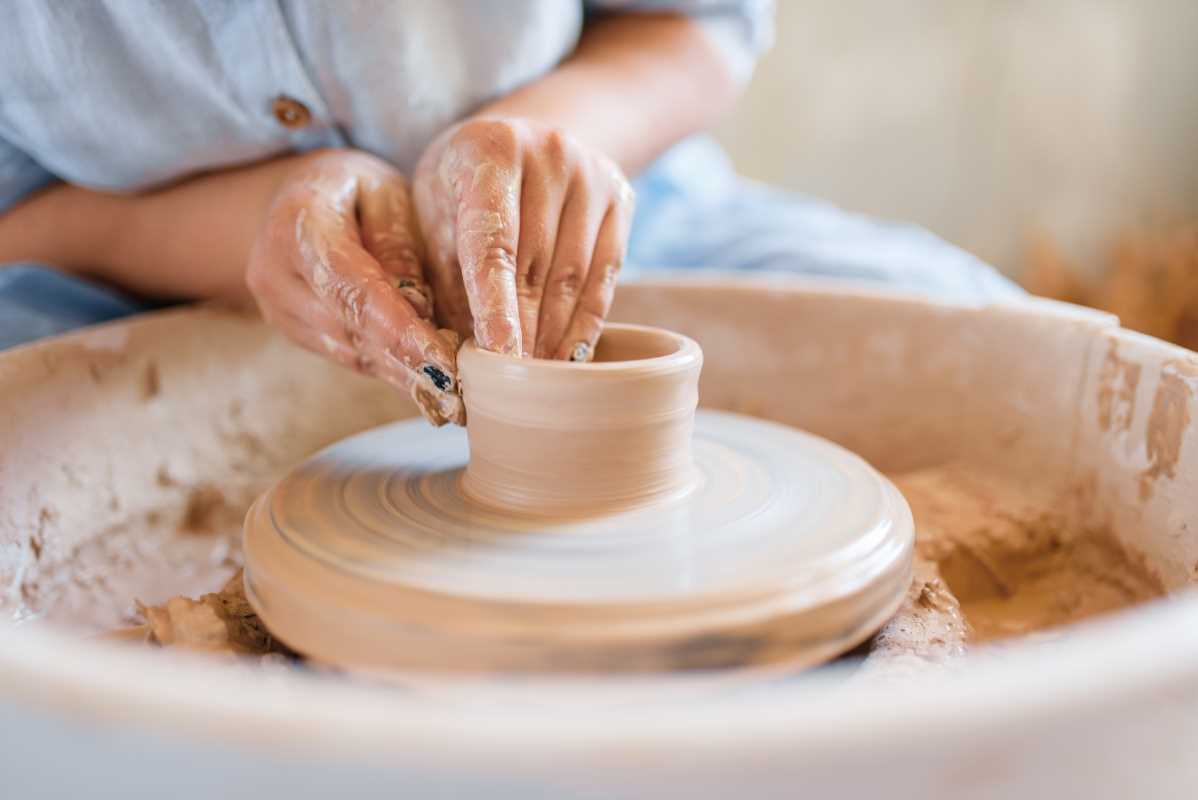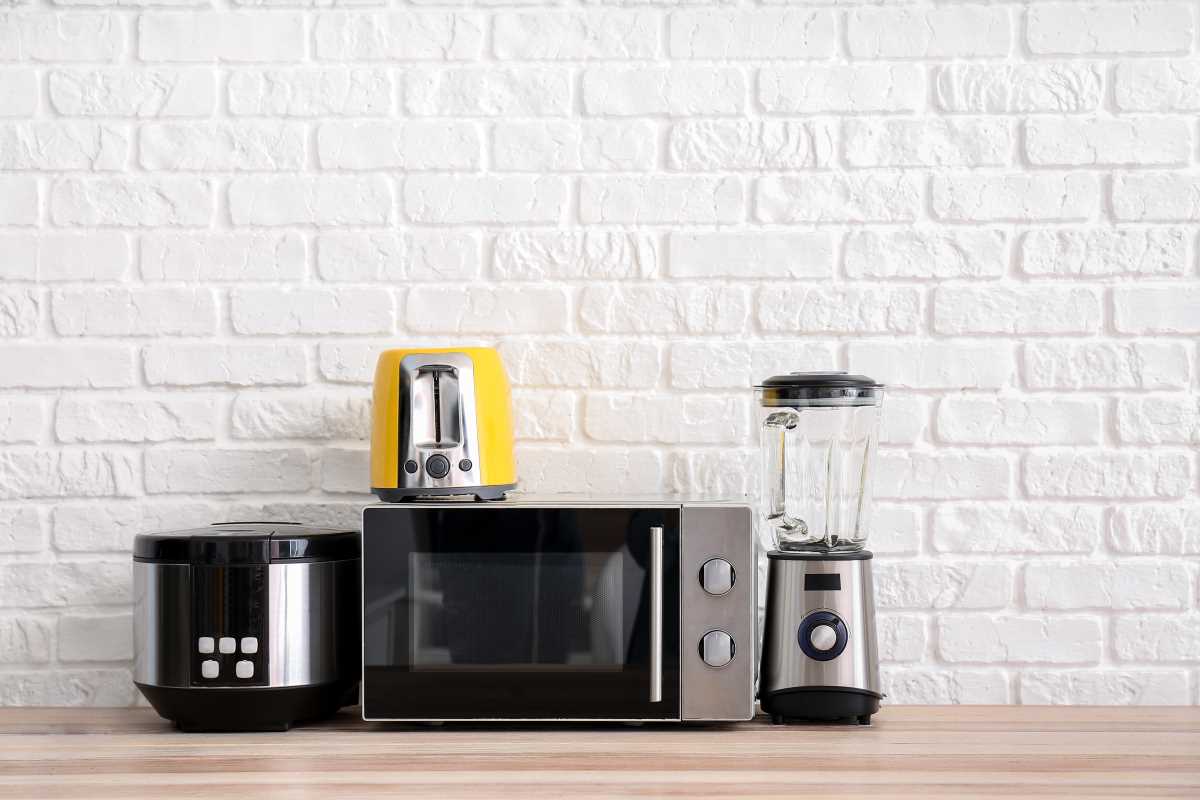Having a hobby is not only a delightful way to fill your free time but also a powerful tool for enhancing mental well-being. Pursuing activities you enjoy provides satisfaction, meaning, and relief from stress, helping you maintain a balanced and fulfilling life. Engaging in a hobby can create a positive ripple effect, influencing various aspects of your mental health. From expressing creativity to forming social connections, here’s how cultivating a hobby can make a profound difference in your overall well-being.
Exploring Creativity
Engaging in a creative hobby, whether it’s painting, writing, playing an instrument, or crafting, allows you to express yourself in ways that other areas of life might not. Creative activities offer a unique outlet for emotions, helping you channel thoughts and feelings into a productive endeavor. The act of creating can reduce stress and anxiety, as it requires focus and intention, which naturally shifts attention away from everyday worries. Artistic hobbies also allow for experimentation, helping you tap into ideas and perspectives that might remain hidden otherwise. Creative hobbies foster problem-solving skills and resilience, as each piece or project challenges you to explore, make adjustments, and see things through to completion. This immersion in the creative process brings a sense of achievement and satisfaction, helping build a positive self-image and reinforcing personal growth.
Boosting Mood
Engaging in a hobby you love triggers the release of endorphins, known as the brain’s "feel-good" hormones, which can significantly boost your mood. These chemicals are associated with happiness and relaxation, providing a natural lift that enhances emotional resilience and reduces negative emotions. For example, physical hobbies like dancing or sports release endorphins due to movement, while leisurely hobbies like gardening, reading, or knitting can evoke a sense of peace and contentment. The satisfaction of immersing yourself in something enjoyable helps lower levels of cortisol, the body’s primary stress hormone, which can improve your overall emotional well-being. The mood-boosting effect of hobbies is especially helpful for those dealing with anxiety or depression, as it creates positive moments and emotional respite, helping to restore a sense of calm and happiness.
Building Confidence
Mastering a new skill or making progress in a particular hobby can greatly boost self-confidence and self-esteem. Whether you’re learning to bake, knit, or play a musical instrument, observing your improvement over time can foster a sense of accomplishment. This progression reminds you of your capability to set and achieve goals, which is a key component of self-worth. As you overcome small challenges and hone your abilities, your self-belief grows, making you more confident in other areas of life. Confidence gained through hobbies often transfers to other aspects of life, such as work or social situations, where you feel more empowered to take on new challenges. Additionally, the more you explore your interests and passions, the more you develop a personal identity that is strong, positive, and rooted in self-assurance.
Cultivating Focus and Flow
Many hobbies offer a natural pathway to cultivating focus and presence, providing an escape from the everyday hustle. Activities like painting, cooking, knitting, or woodworking demand attention to detail and precision, which gently quiets the mind and shifts focus away from worries or distractions. This immersive state of "flow," where you become fully absorbed in the present moment, acts as a form of active meditation, bringing a sense of peace and clarity. Engaging in these hobbies helps you become more anchored in the present, reducing racing thoughts and enhancing mental clarity. Over time, these activities can train your mind to be more resilient, making it easier to manage stress and prevent burnout. This focused engagement provides not just relaxation, but a valuable opportunity to step back from the fast-paced demands of daily life and reconnect with yourself.
Connecting with Others
Hobbies often provide opportunities to connect with like-minded individuals who share similar passions. Whether through clubs, classes, online communities, or events, sharing a hobby creates bonds that foster a sense of belonging and community. For example, joining a book club or gardening group allows you to exchange ideas, discuss shared interests, and build friendships. Social connections formed through hobbies can be particularly valuable, as they are based on mutual enjoyment and common ground, which can lead to deeper, more fulfilling relationships. These interactions also offer social support, which can improve mental health and contribute to a sense of well-being. Studies have shown that social connection is a key predictor of happiness, making hobbies that bring people together especially impactful for mental health.
Relieving Stress
Engaging in a hobby can act as an effective stress-reliever, offering a temporary escape from daily responsibilities and worries. When you focus on an activity you enjoy, your mind shifts away from concerns, allowing you to recharge and return with a renewed sense of energy. Hobbies that involve physical movement, like hiking, swimming, or cycling, are particularly beneficial for stress relief, as they combine physical activity with mental relaxation. Leisurely hobbies, such as reading or gardening, also provide a soothing effect, promoting relaxation and helping you unwind. Dedicating time to a hobby is like giving yourself a mental break, which allows for a reset, helping you feel calmer and more balanced.
Finding Purpose
Having a hobby gives you something to look forward to and adds a sense of purpose beyond work or family responsibilities. Pursuing an activity that brings you joy provides meaning and direction, helping combat feelings of monotony or burnout. A hobby allows you to explore new interests and develop passions, creating a life that is rich and diverse. This sense of purpose can improve your mood and motivation, encouraging a more positive outlook on life. For those going through challenging times or major life transitions, a hobby can serve as an anchor, providing a comforting routine and helping you stay grounded. Knowing that there’s something enjoyable awaiting you each day gives life an extra dimension of fulfillment and satisfaction.
Sparking Creativity and Innovation
Hobbies encourage thinking outside the box, which can lead to creative breakthroughs and inspire fresh perspectives. Whether you’re experimenting with photography, cooking a new recipe, or trying your hand at woodworking, hobbies often require innovative thinking and problem-solving. This fosters a more flexible and adaptable mindset, qualities that are beneficial in many areas of life, including work. Cultivating creativity through hobbies keeps the mind active, opening up new ways of approaching tasks and challenges. Additionally, the creativity gained through hobbies can spill over into other areas, helping you find unique solutions or bring fresh ideas to work and personal projects.
Enhancing Resilience and Coping Skills
Pursuing a hobby can increase resilience by providing an outlet for stress and building emotional strength. Hobbies challenge you to try new things, make mistakes, and persist despite setbacks. These experiences foster resilience, as you learn to manage frustration, adjust expectations, and celebrate small victories. Regular engagement in a hobby can enhance your ability to handle adversity and help you build valuable coping skills. This resilience carries over into other areas, making it easier to deal with life’s challenges in a calm and constructive manner.
 (Image via
(Image via





